Description
- Head and Neck Cancers:
- These cancers originate in the head and neck area, including the mouth, throat, sinuses, and salivary glands.
- Common types include squamous cell carcinomas of the head and neck.
- Diagnosis:
- Diagnosis begins with a thorough head and neck exam.
- Additional tests may include imaging (MRI, CT scans) and biopsies to determine the cancer type and location.
- Treatment Options:
- Surgery: Procedures like laryngectomy (voice box removal) and neck dissection (for spread cancer).
- Radiation Therapy: High-energy beams to kill cancer cells.
- Chemotherapy: Drugs to target and kill cancer cells.
- Targeted Drug Therapy: Specific drugs for cancer cells.
- Brachytherapy: Placing radioactive seeds near the tumor.
- Self-Care: Quit alcohol and tobacco, eat a nutritious diet, and attend follow-up visits.
- Who Is Suitable?:
- Patients with early-stage head and neck cancers.
- Those who can tolerate treatment and follow self-care guidelines.
- Advantages:
- Early detection improves outcomes.
- Multidisciplinary care involving oncologists and otolaryngologists.
- Complications:
- Airway obstruction, voice loss, and disfigurement.
- Hardening of neck skin.
- Preoperative and Postoperative Care:
- Pre-op: Assess overall health, quit smoking/alcohol, and prepare for surgery.
- Post-op: Follow wound care, speech therapy, and rehabilitation.
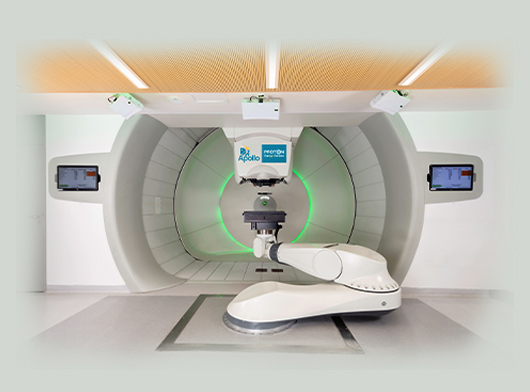

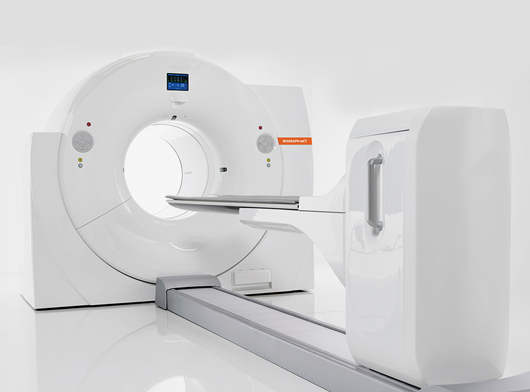
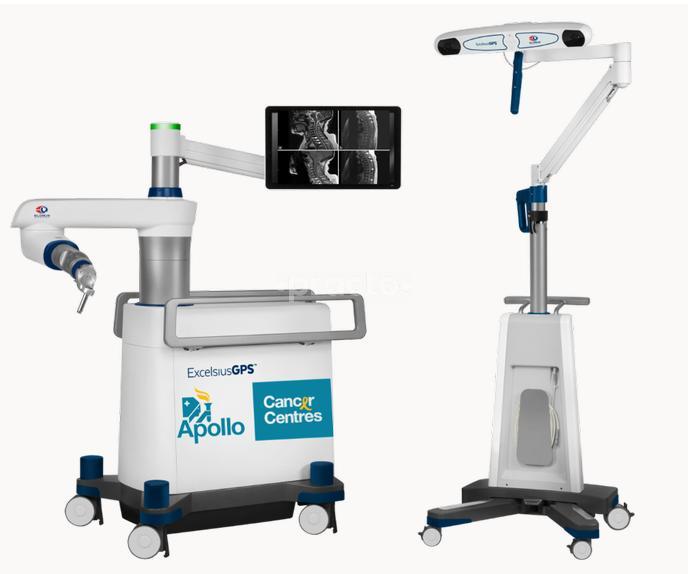



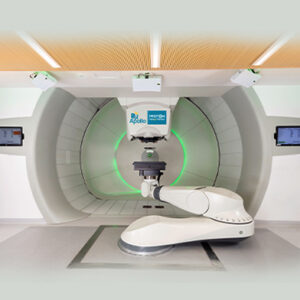
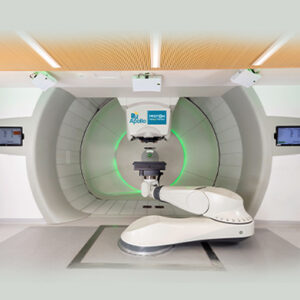
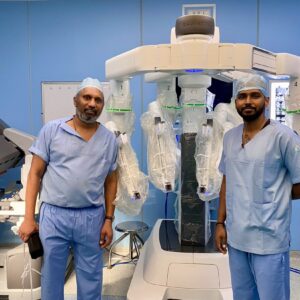
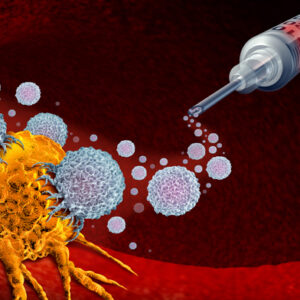
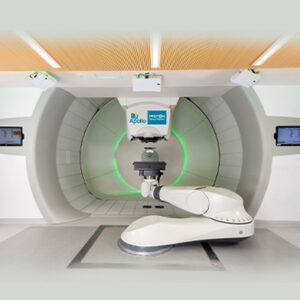

Reviews
There are no reviews yet.